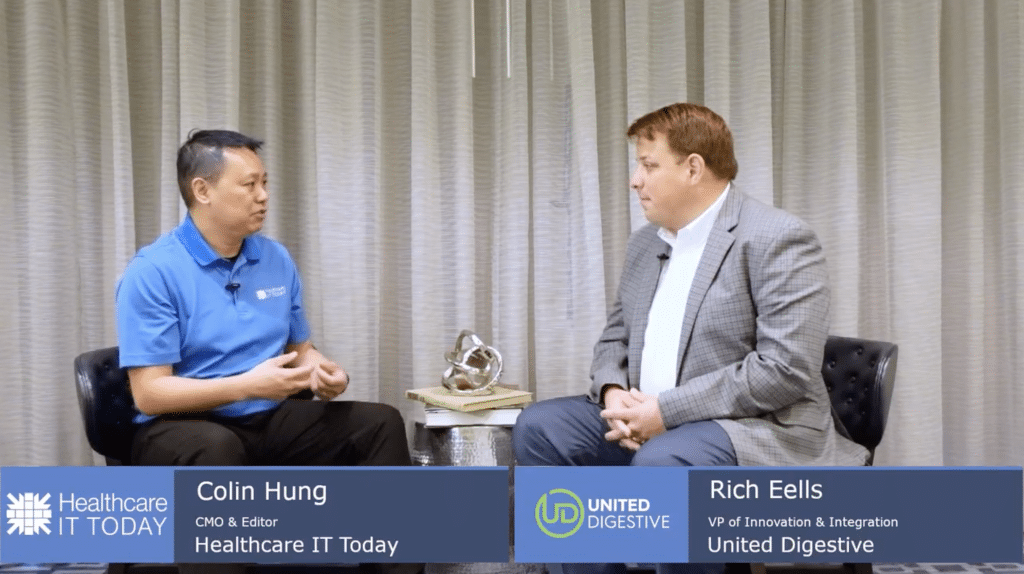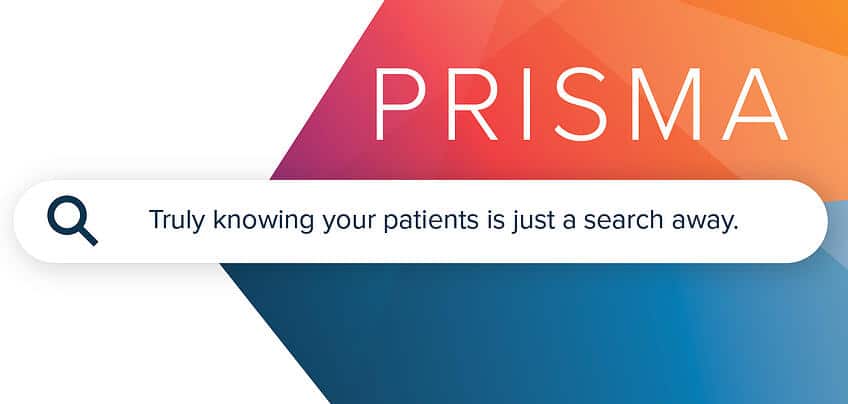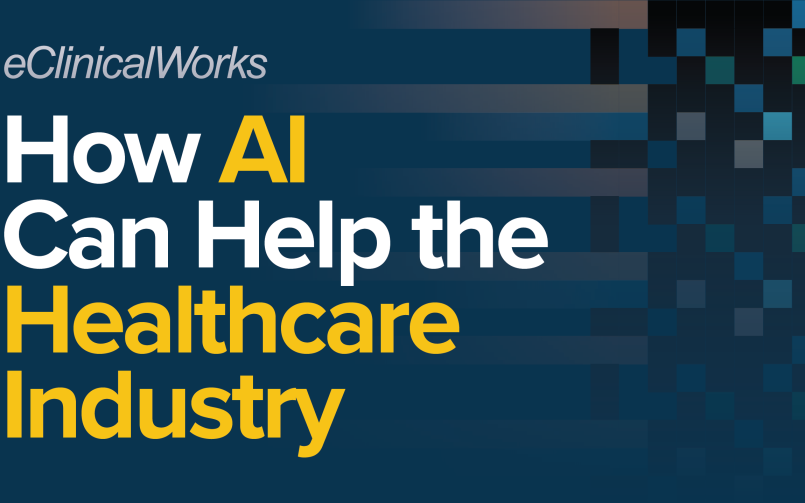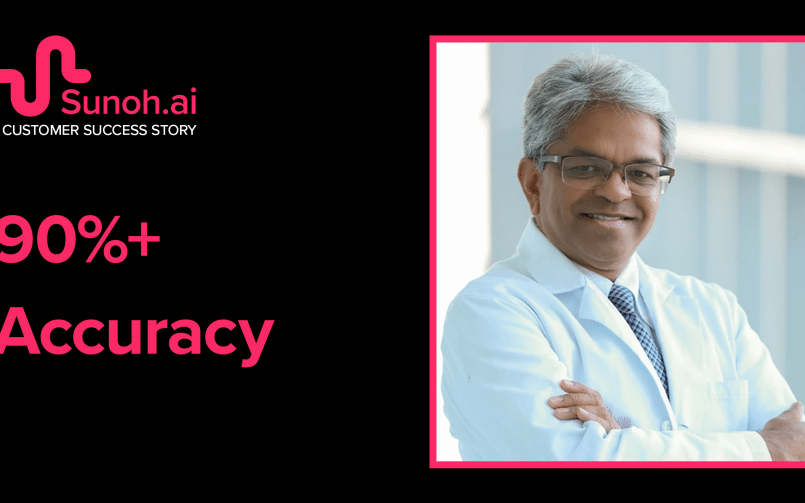Revolutionizing Patient Care with eCW AI and Cloud-Based Solutions
- 8 August 2024
- Blog
eClinicalWorks

At a recent eClinicalWorks hosted event, Healthcare IT Today interviewed select eClinicalWorks customers who’ve implemented the eClinicalWorks Cloud-based EHR and AI solutions and discussed at length how the products have had a positive impact on their healthcare practices. Let’s go into the key takeaways from a few of the interviews.
Rich Eells, Vice President of Innovation and Integration at United Digestive, shared his organization’s journey with eClinicalWorks and new AI-powered solutions. Eells also highlighted the value of having eClinicalWorks hosted on Microsoft Azure’s cloud platform. Implementing these innovations has enhanced patient care and provider experiences.

Lalith Samaraweera, Director of Clinical Information and Business Intelligence at Guidewell DCMG, spoke about the innovative ways in which they’ve harnessed eClinicalWorks AI technology to improve patient care. He shared his insights on how AI assistants like PRISMA AI Assistant and Sunoh.ai are revolutionizing patient-doctor interactions, enhancing data management, and increasing overall efficiency.
A cloud-based EHR
The healthcare landscape continues to evolve, with one significant aspect being the transition to cloud-based EHR system. Eells investigated the implications and opportunities of this shift. He highlights the importance of security in a cloud-based system and appreciates the scalability offered by the Azure platform, which has enabled his organization to grow and expand.
Talking about technological change, he explains that upgrades are not disruptive, and organizations can adopt based on their requirements. He adds, “We’ve really enjoyed the pace of upgrades that [eClinicalWorks] has done. Every year there’s new features coming out that are meaningful and that impact our patients in a positive way, and our providers’ lives getting a little easier each time, too.”
Interested in learning more? Let’s talk!
The healow® AI-Powered No-Show Prediction Model
Eells discusses AI’s role in improving scheduling. The healow AI-Powered No-Show Prediction Model helps providers identify potential no-shows with 90% accuracy. This allows a practice to take measures that help reduce the likelihood that a patient will miss their appointment such as sending text message reminders or publishing a list of open time slots online so patients can book an alternative appointment at the last minute.
The PRISMA AI Assistant

A recent eCW survey shows that 85% of respondents find it extremely important to gather records from other sources. PRISMA, the health information search engine, ensures that providers have the patient information they need when they need it. Samaraweera explains how PRISMA helps clinicians be more personable and empathetic with their patients. PRISMA aggregates and consolidates information from various documents related to a patient’s medical history, reducing clinicians’ workload and time.
Samaraweera adds that before PRISMA, the pre-visit could be a tedious process, taking up to two days as the provider would shuffle through the patient’s medical history to filter out the relevant information. The PRISMA AI Assistant helps create an accurate patient history in far less time.
Learn how PRISMA AI Assistant works.
AI-powered Medical Scribe, Sunoh.ai
Sunoh.ai listens to and records patient-provider conversations into clinical documentation, enabling providers to review the details whenever required. The AI scribe technology allows doctors to focus on their patients and provides visit summaries, improving patient satisfaction. Samaraweera highlights plans with AI, such as implementing language interpretation features and improving the overall efficiency of their medical facilities.
He also discusses the challenges of implementing new technology, stressing the importance of change management and using AI in a strategic and beneficial way. He advises other organizations to 1) understand and assess how AI can benefit their services and 2) start with a small implementation and gradually expand it.
Start your conversation with Sunoh.ai today!
Looking ahead
Each conversation ended on an inspiring note, urging healthcare organizations to strive for innovation and superior service. Illuminating the potential of AI in the healthcare sector, Eells and Samaraweera offer valuable advice for organizations considering implementing AI technology.























